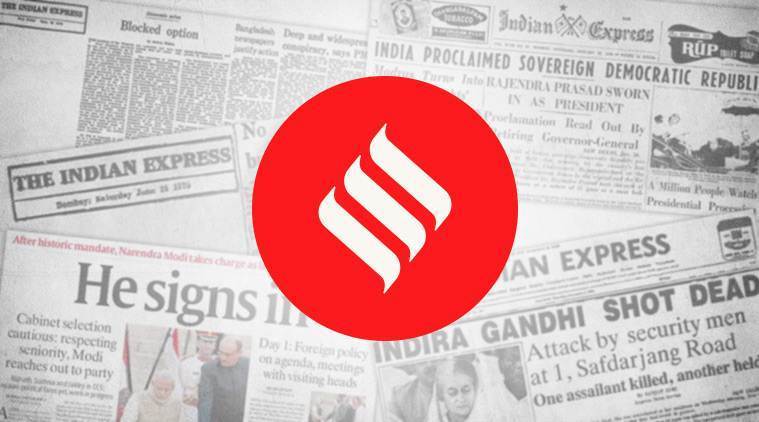Opinion Spotlight on samvidhaan
The Hindi word of the year shows how the Constitution has gone from the bookshelf to the street

 The reason why samvidhaan was chosen is apt: “The Constitution (of India) has gone from an academic concept to a movement in real time,” according to Kritika Agarwal, Hindi Language Champion for Oxford Languages.
The reason why samvidhaan was chosen is apt: “The Constitution (of India) has gone from an academic concept to a movement in real time,” according to Kritika Agarwal, Hindi Language Champion for Oxford Languages.
In its Sanskrit origins, the Oxford Hindi word of the year for 2019 — samvidhaan — is simply an arrangement or a system. With modernity, it has come to mean the rules a society chooses to live by, those basic principles under which politics, society and individuals find themselves. The reason why samvidhaan was chosen is apt: “The Constitution (of India) has gone from an academic concept to a movement in real time,” according to Kritika Agarwal, Hindi Language Champion for Oxford Languages.
There is, of course, a cynical explanation for the salience of samvidhaan in the public conversation. Like the bones that form the frame for the human body — usually unnoticed by the conscious mind, but sources of overwhelming pain when they crack and break — the structures on which India is built are under strain. For some time, the values of the Constitution were taken for granted, and society and state chugged along. In the last few years, though, these core principles have been challenged. But that doesn’t mean the cynics are right.
What is the relationship between faith and equality, and to what extent can the state interfere in the former in the interests of the latter? Can the compact between a state and the Union be unilaterally revoked? And, of course, is the road to Indian citizenship mediated by the religion of the applicant? These are the questions that have made “samvidhaan” the word that defined 2019. Moving forward, another word, with the same root, could act as a guide. In 1950, it was after extensive samvaad (dialogue) that the Constituent Assembly finalised the samvidhaan. Today, there is samvaad of a different, but perhaps no less important kind. As the debate about the Constitution takes it from the bookshelf to the street, if only because of the alleged destruction of the values it espouses, members of a new generation have found a resource to define themselves.





